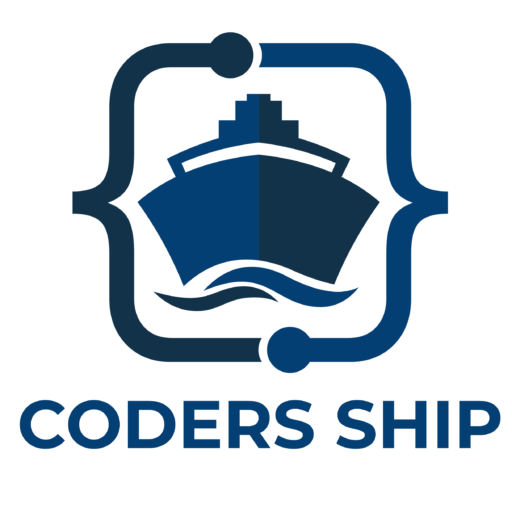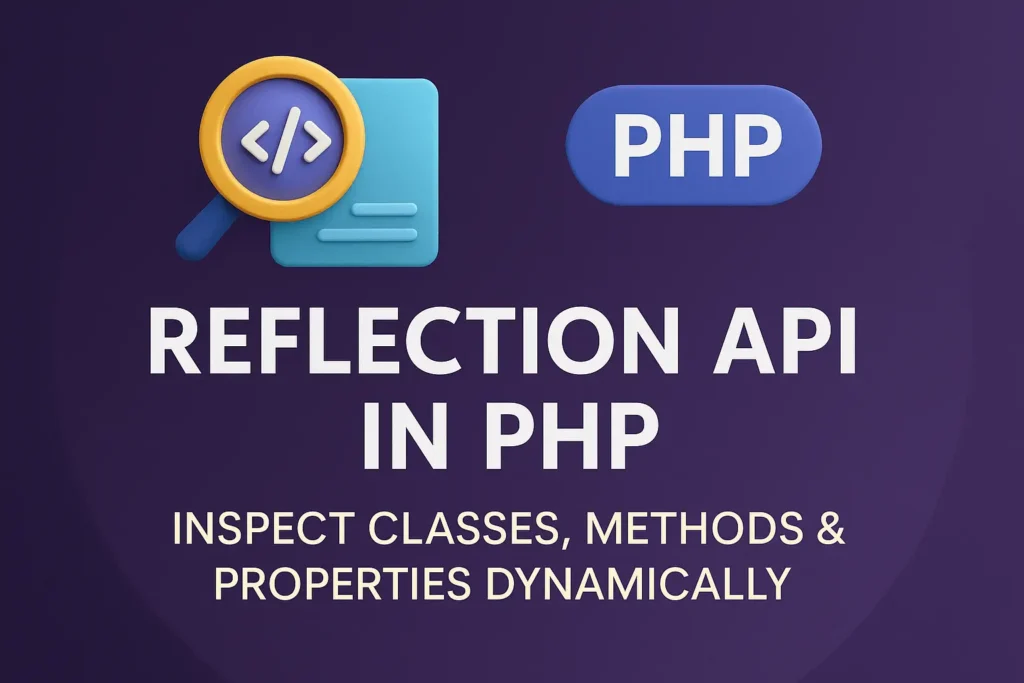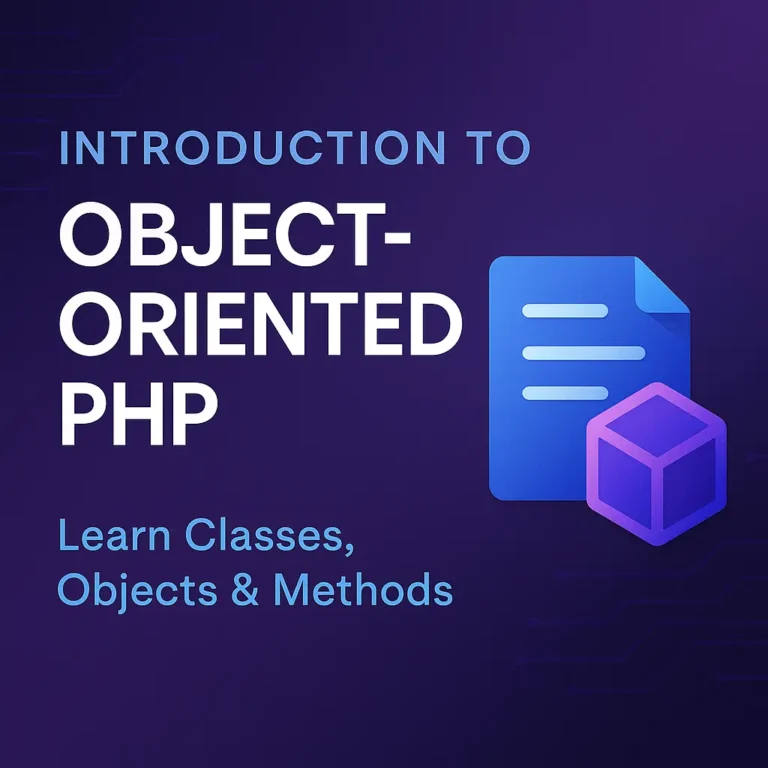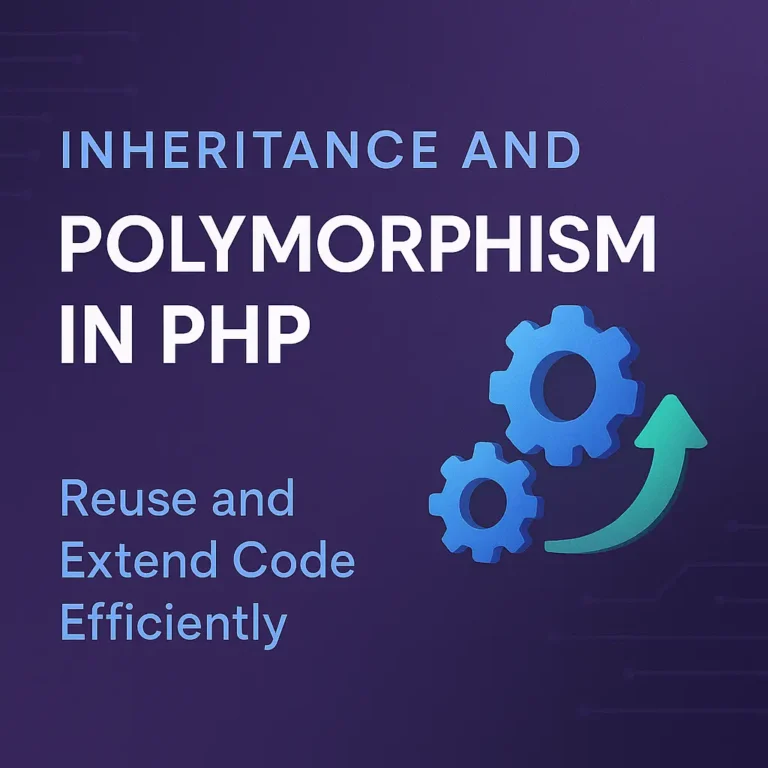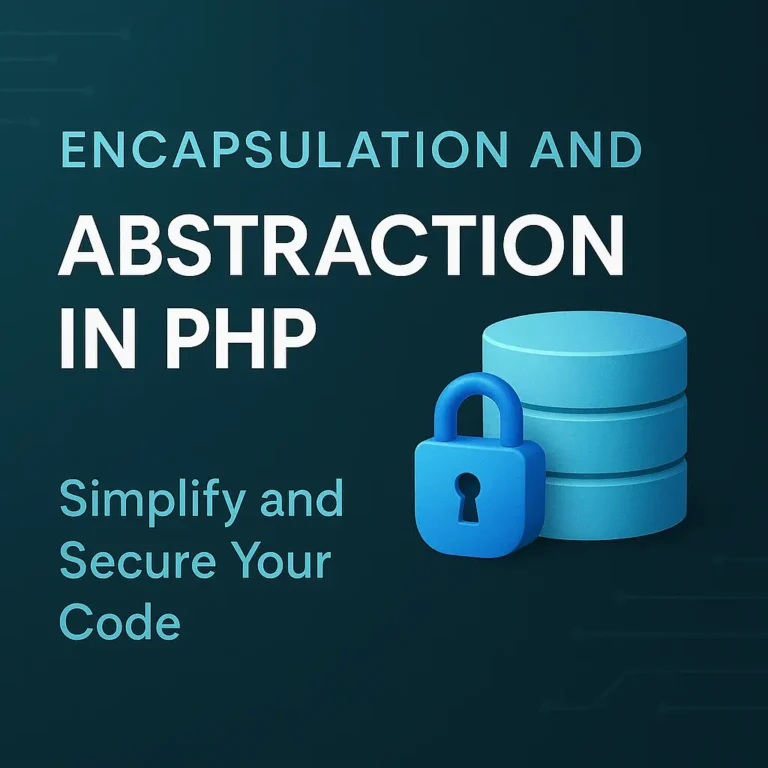This article will delve into introspection in PHP, demonstrate how to retrieve class information using the Reflection API, and provide practical examples to illustrate its capabilities.
Introspection in PHP
Introspection is the ability of a program to examine its own structure and properties at runtime. In PHP, introspection allows developers to retrieve information about objects, classes, methods, properties, and more. This capability is crucial for building dynamic and flexible applications, enabling features such as automatic dependency injection, ORM (Object-Relational Mapping) systems, and complex validation mechanisms.
The Reflection API: An Overview
PHP’s Reflection API provides a set of classes that allow for introspection. These classes include:
ReflectionClass: For introspecting classes.
ReflectionObject: For introspecting objects.
ReflectionMethod: For introspecting methods.
ReflectionProperty: For introspecting properties.
ReflectionFunction: For introspecting functions.
ReflectionParameter: For introspecting parameters.
ReflectionExtension: For introspecting extensions.
Retrieving Class Information with the Reflection API
One of the primary uses of the Reflection API is to retrieve detailed information about classes. Let’s explore how to do this with the ReflectionClass class.
Basic Usage of ReflectionClass
To retrieve information about a class, you first need to create an instance of ReflectionClass, passing the class name as a parameter.
class MyClass {
public $publicProp;
private $privateProp;
public function myMethod() {
return "Hello, World!";
}
}
$reflector = new ReflectionClass('MyClass');
With the ReflectionClass instance, you can access various methods to retrieve information about the class.
Retrieving Class Name
You can retrieve the class name using the getName method.
echo $reflector->getName(); // Outputs: MyClass
Checking Class Properties
You can check if a class has specific properties and retrieve them using the hasProperty and getProperty methods.
var_dump($reflector->hasProperty('publicProp')); // Outputs: bool(true)
$property = $reflector->getProperty('publicProp');
echo $property->getName(); // Outputs: publicProp
Retrieving All Properties
To get all properties of a class, use the getProperties method.
$properties = $reflector->getProperties();
foreach ($properties as $property) {
echo $property->getName() . "\n"; // Outputs: publicProp, privateProp
}
Checking Class Methods
Similar to properties, you can check if a class has specific methods and retrieve them using the hasMethod and getMethod methods.
var_dump($reflector->hasMethod('myMethod')); // Outputs: bool(true)
$method = $reflector->getMethod('myMethod');
echo $method->getName(); // Outputs: myMethod
Retrieving All Methods
To get all methods of a class, use the getMethods method.
$methods = $reflector->getMethods();
foreach ($methods as $method) {
echo $method->getName() . "\n"; // Outputs: myMethod
}
Retrieving Class Modifiers
Class modifiers such as abstract, final, and interface can be checked using the isAbstract, isFinal, and isInterface methods.
var_dump($reflector->isAbstract()); // Outputs: bool(false)
var_dump($reflector->isFinal()); // Outputs: bool(false)
var_dump($reflector->isInterface()); // Outputs: bool(false)
Practical Examples
Example 1: Automatic Dependency Injection
One practical use of the Reflection API is in implementing automatic dependency injection in frameworks.
class Container {
public function get($class) {
$reflector = new ReflectionClass($class);
if (!$reflector->isInstantiable()) {
throw new Exception("Class $class is not instantiable");
}
$constructor = $reflector->getConstructor();
if (is_null($constructor)) {
return new $class;
}
$parameters = $constructor->getParameters();
$dependencies = array();
foreach ($parameters as $parameter) {
$dependency = $parameter->getClass();
if ($dependency === null) {
throw new Exception("Can not resolve class dependency {$parameter->name}");
}
$dependencies[] = $this->get($dependency->name);
}
return $reflector->newInstanceArgs($dependencies);
}
}
class A {
public function __construct(B $b) {
$this->b = $b;
}
}
class B {
}
$container = new Container();
$a = $container->get('A');
var_dump($a); // Outputs an instance of A with B as a dependency
In this example, the Container class uses the Reflection API to automatically resolve and inject dependencies for class A.
Example 2: ORM Systems
Reflection can be used in ORM systems to map database fields to object properties.
class User {
public $id;
public $name;
public $email;
}
function map(array $data, $class) {
$reflector = new ReflectionClass($class);
$instance = $reflector->newInstanceWithoutConstructor();
foreach ($data as $key => $value) {
if ($reflector->hasProperty($key)) {
$property = $reflector->getProperty($key);
$property->setAccessible(true);
$property->setValue($instance, $value);
}
}
return $instance;
}
$data = ['id' => 1, 'name' => 'John Doe', 'email' => 'john@example.com'];
$user = map($data, 'User');
var_dump($user);
This example demonstrates how to dynamically map database result sets to a User object using the Reflection API.
Conclusion
The Reflection API in PHP is a powerful tool that provides extensive capabilities for introspection and dynamic manipulation of code. By understanding and leveraging this API, developers can build more flexible, dynamic, and maintainable applications. Whether it’s for automatic dependency injection, ORM systems, or any other advanced functionality, the Reflection API opens up a wide range of possibilities in PHP development.
